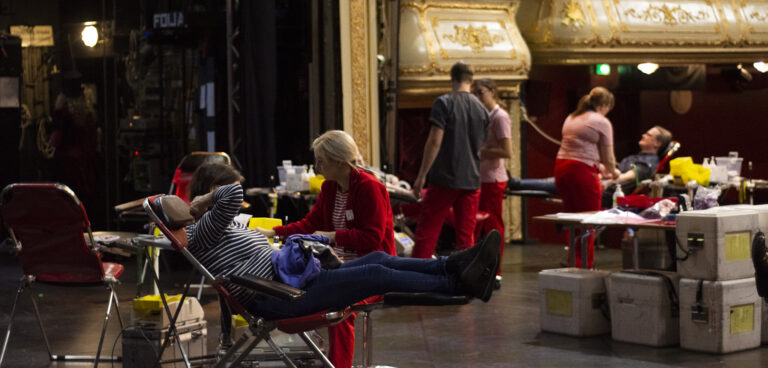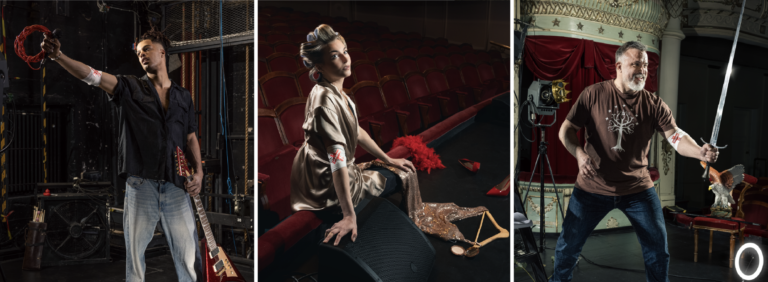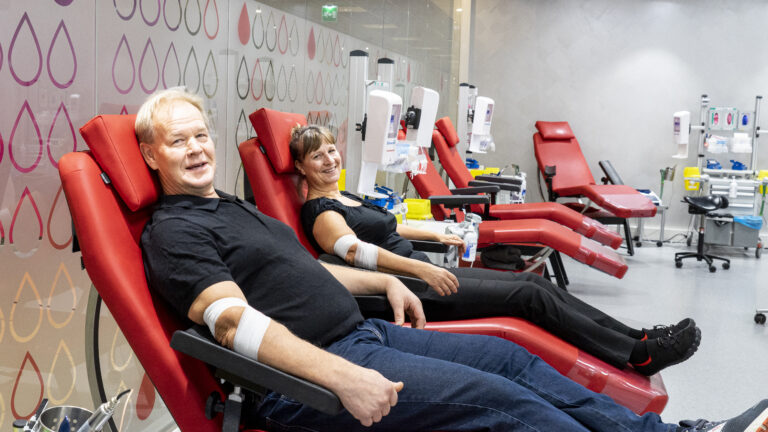Jan Koski defended his thesis on CAR T cell therapies
Jan Koski, MSc, a project researcher at the Finnish Red Cross Blood Service, defended his doctoral thesis on enhancing CAR T cell therapy at the University of Helsinki’s Faculty of Medicine on Friday 15 December 2023.

Immuno-oncology therapies, and one particular type of immunotherapy, CAR T cell therapy, have opened up entirely new possibilities for the treatment of cancer. In the CAR T method, the patient’s own white blood cells are genetically modified so that they attack cancer.
CAR T cell products that are currently on the market are used to treat severe leukaemia. However, development needs have been identified, which is why research on CAR T cell therapy is still ongoing.
Project researcher at the Blood Service, Jan Koski, MSc, defended his doctoral thesis, Enhancing CAR T cell function through structural modifications and small-molecule drugs on Friday 15 December at the University of Helsinki’s Faculty of Medicine. It is related to the novel CAR backbones developed by the Blood Service and on research collaboration carried out with Orion in 2021–2022, in which the CAR structure was developed and stabilised.
Although CAR T cell therapy has achieved significant results in treating severe leukaemia, cancer recurrence and resistance still occur. CAR T cell technology has been developed using a number of different approaches to remove barriers to treatment.
“One of the cornerstones of improving the function of CAR T cells is the structure of the CAR itself. The structure can be optimised for better stability, and its interactions with other molecules can be prevented. In order to optimise the structure, its interactions with other CAR molecules must also be taken into account,” says Jan Koski.
Another aspect of Koski’s thesis is the enhancement of CAR T cells or the weakening of target cells by other pathways. For example, small-molecule drugs or other molecules that enhance function can be used to effectively destroy cancer cells.
The opponent was Professor Riitta Lahesmaa from the University of Turku and the presiding official was Professor of Cell Therapy and Transfusion Medicine Kim Vettenranta from the University of Helsinki.
You can read the doctoral thesis here.



